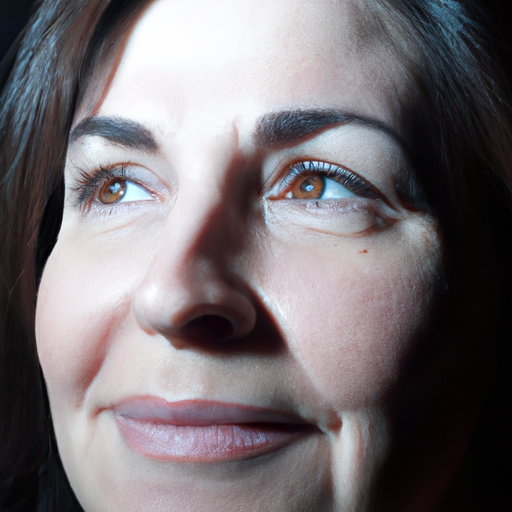Title: Unmasking Clear Skin: Your Ultimate Dermatologist’s Guide to Conquering Acne
As a dermatologist, I understand the frustration and discomfort that acne can cause. It’s not just a cosmetic issue; it can significantly impact your self-esteem and overall quality of life. That’s why I’ve put together this ultimate guide to help you conquer acne and reveal the clear, healthy skin beneath.
Acne is a common skin condition that affects millions of people worldwide. It occurs when hair follicles become clogged with oil and dead skin cells, leading to whiteheads, blackheads, or pimples. While acne is most common among teenagers, it can affect people of all ages.
Understanding the Causes of Acne
Several factors contribute to the development of acne. These include hormonal changes, certain medications, diet, stress, and a genetic predisposition. Hormonal fluctuations during puberty, pregnancy, or menstruation can trigger acne outbreaks. Certain medications like corticosteroids, lithium, or androgens can also cause acne. A diet high in refined sugars or carbohydrates may worsen acne, while stress can trigger flare-ups.
Effective Acne Treatments
There are several effective treatments for acne that can help reduce your symptoms and prevent scarring. Over-the-counter (OTC) products containing salicylic acid or benzoyl peroxide can help to unclog pores and reduce inflammation. If OTC treatments aren’t enough, your dermatologist may prescribe stronger topical medications like retinoids or antibiotics.
For severe cases of acne, oral medications such as antibiotics, combined oral contraceptives, or isotretinoin may be recommended. In-office procedures like laser therapy, chemical peels, or drainage and extraction can also help to manage stubborn acne.
Skincare Routine for Acne-Prone Skin
Maintaining a consistent skincare routine is crucial in managing acne. Start by cleansing your face twice daily with a gentle, non-drying cleanser to remove excess oil and dead skin cells. Avoid scrubbing your skin harshly, as this can irritate your skin and worsen acne.
Follow up with a toner to balance your skin’s pH levels and a non-comedogenic moisturizer to keep your skin hydrated without clogging your pores. If you’re going out during the day, don’t forget to apply a broad-spectrum sunscreen with an SPF of at least 30 to protect your skin from harmful UV rays.
Lifestyle Changes for Clear Skin
In addition to a proper skincare routine and treatment, certain lifestyle changes can also help improve your skin. A healthy diet rich in fruits, vegetables, lean proteins, and whole grains can nourish your skin from within. Regular exercise can help regulate your hormones and reduce stress, both of which can help control acne.
Avoid touching your face frequently, as this can spread bacteria and irritate your skin. Also, make sure to clean your phone screen and change your pillowcase regularly to reduce the chances of bacterial transfer.
Remember, everyone’s skin is different, and what works for one person may not work for another. It may take some trial and error to find the right treatment for you. Don’t be discouraged if you don’t see immediate results; acne treatments can take several weeks or even months to show noticeable improvements.
In conclusion, conquering acne is a journey that involves understanding its causes, exploring effective treatments, maintaining a consistent skincare routine, and making necessary lifestyle changes. With patience and persistence, clear skin is achievable. If you’re struggling with acne, don’t hesitate to seek help from a dermatologist who can guide you through this journey towards clear, healthy skin.



